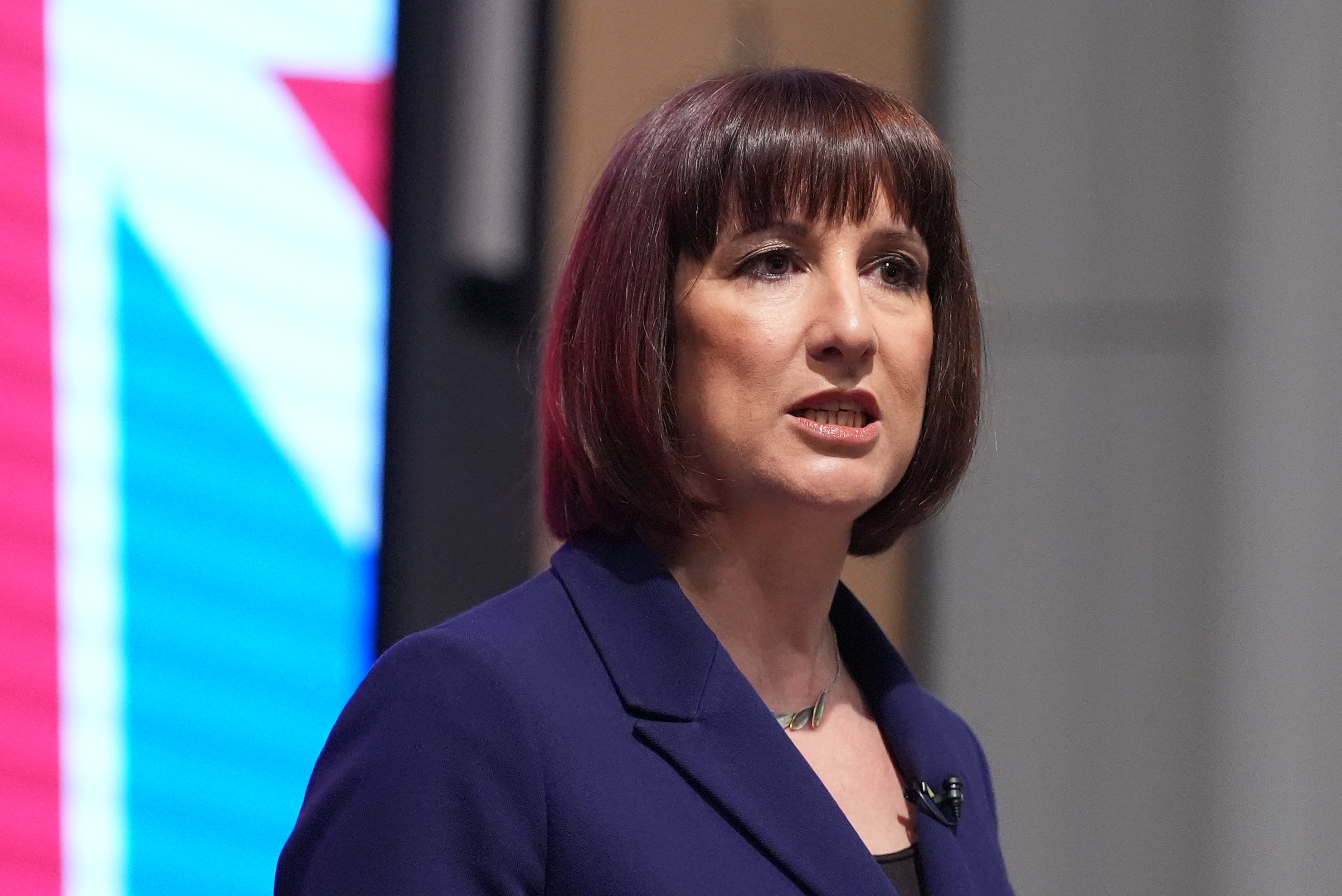Did Rachel Reeves just bury New Labour economics… and pave the way for ‘sirkeironomics’?
If Labour wins the upcoming general election, the honeymoon period could be very short, writes Andrew Grice. But will the shadow chancellor’s mantra of ‘securonomics’ be enough to see them through?


Waiting for Labour’s tax and spending plans is like waiting for Godot. Jeremy Hunt, the chancellor, let Rachel Reeves off the hook a few hours before her big economic speech by hinting he wanted to stage an autumn statement before a possible October general election.
That gave the shadow chancellor some cover to again keep her cards close to her chest – although she wouldn’t have played them on Tuesday night anyway. Reeves knows a lot of what is written on those cards, but she’s not telling us. There were a few clues in her speech. She likened today to 1979, when Margaret Thatcher won power, but as I watched her hour-long, 8,000-word Mais lecture, I kept thinking the real parallel is with 1997. Labour doesn’t “do” that: Keir Starmer would excommunicate anyone who dared to utter the L-word: landslide.
Yet Reeves’s speech had much more to do with New Labour than Thatcher. Indeed, after grabbing pre-speech headlines comparing her to the Iron Lady, Reeves rowed back. Answering questions after her speech, she said she joined the Labour Party because she disagreed with so much of what Thatcher did to Britain. Precisely the same retreat Starmer made after praising Thatcher and then, after a Labour backlash, insisting he didn’t support her actions.
Labour is having it both ways, but it’s clever politics, with Tory voters to win over.
True, Reeves suggested the Blair-Brown era left the UK “exposed” to the 2008 global financial crisis by failing to tackle “key weaknesses” on regional inequality, productivity and economic “insecurity”, which left a “festering gap between large parts of the country and Westminster politics”.
Reeves’s answer is her mantra of “securonomics”, modelled on Bidenomics – but without, she admitted, the “big cheque” the US could sign. At Westminster, “securonomics” is now destined to be pronounced differently after one wag pointed that it sounded like “sirkeironomics”.
Although Reeves admitted public services are “at breaking point,” she suggested they would have to wait for a big cash injection. "Two years" is a phrase whispered by Labour advisers – a reference to shadow chancellor Gordon Brown’s dramatic announcement before the 1997 election that Labour would accept the Tories’ very tight spending plans in its first two years in power.
It was a pivotal moment, and spooked the Tories, so I suspect Reeves is thinking about making a similar pledge. For good measure, she might also copy Brown’s promise not to raise the basic or higher rates of income tax. Some Labour insiders hope that after two years in office, Reeves would build a case for “fair” tax rises on higher earners to put public services on a sustainable footing. Again, just as Brown did before raising national insurance for the NHS in 2002 – the only popular tax rise I can recall.
At this year’s election, Labour will promise to “make a start” on rescuing public services. But its immediate boost would be limited, at about £5bn – and even to do that, it is searching for other tax reliefs to fill the hole created by Hunt’s decision to steal Labour’s plan to end non-dom status. It would be very difficult to muddle through for two years. On top of the planned cuts, Labour would face huge pressures on social care, local government, defence, and the justice system. And that’s just for starters.
One thing Reeves didn’t say was revealing: despite 41 references to economic growth, she didn’t mention Starmer’s first "mission": for the UK to have the highest growth in the G7 by the end of a five-year parliament. This was always problematic because the performance of other G7 nations is obviously not under the UK’s control. Starmer’s pledge seems to be heading the same way as his party’s £28bn-a-year green investment plan. The Labour website now describes mission one as “get Britain building again”.
Many Labour MPs fear shadowing the Tories’ fiscal rules imposes an unnecessarily tight straitjacket which would frustrate Labour’s ambitions and make it harder to generate growth. Reeves insists Labour is different because her fiscal rules would protect public investment, making it harder to cut building projects – a good move.
But until she shows her full hand, the doubts will persist. A two-year pause on spending would not guarantee an improvement by the end of the period. Welcome measures such as relaxing the planning rules to boost housebuilding might well take longer than two years to create growth.
There’s another problem: while feeling a sense of relief for removing the Tories, how patient would voters be? Following the “change election” Reeves talked up by comparing this moment to 1979, voters would be impatient to see evidence of that change. Never mind two years: the public, the Tories and their press cheerleaders would surely demand tangible improvements much sooner than that.
Unlike in 1997, when the economy was already growing when Labour took power, the party’s honeymoon could be very short. As one Labour insider told me: “I think we will get six months.”






Join our commenting forum
Join thought-provoking conversations, follow other Independent readers and see their replies
Comments